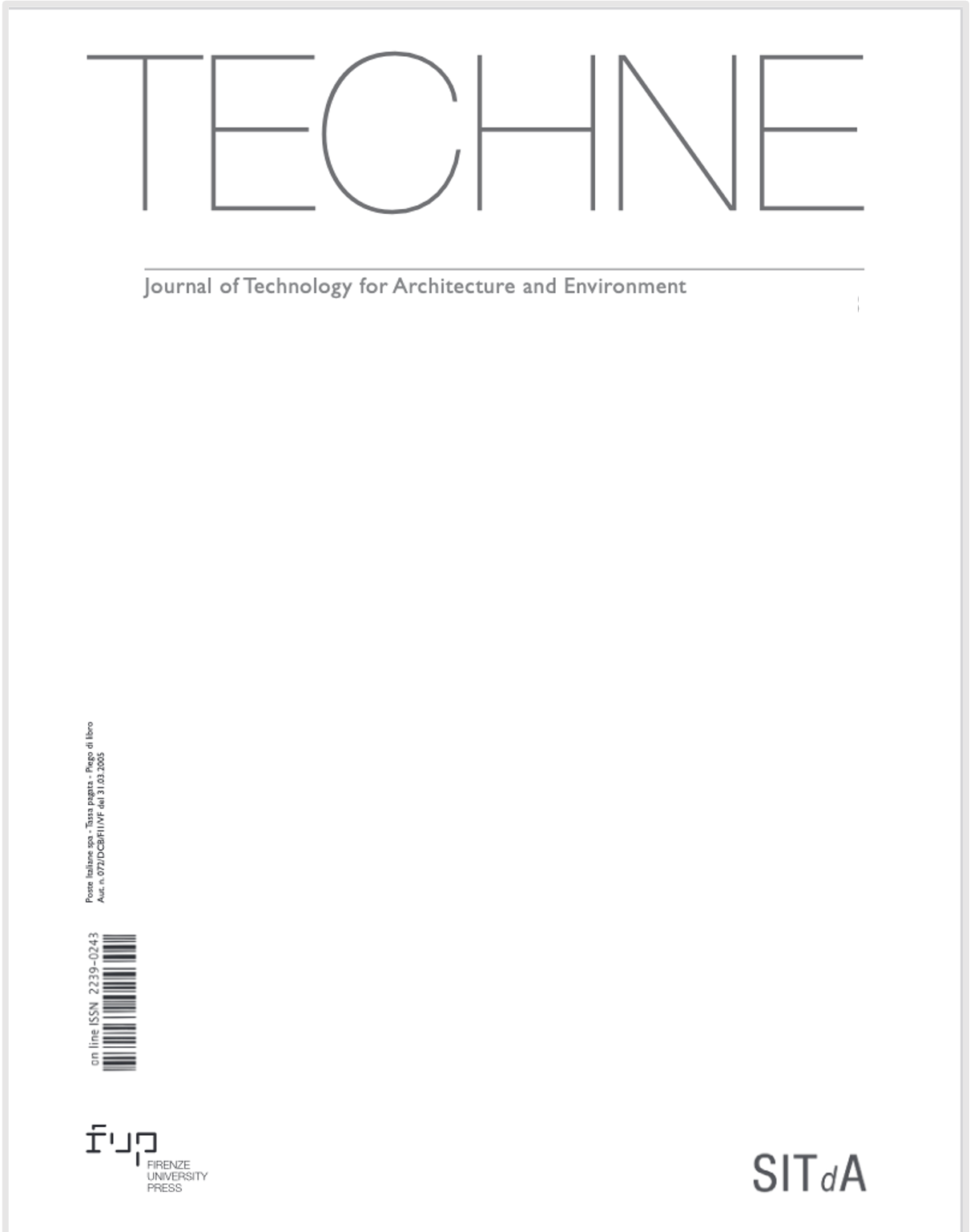According to this meaning, also public works – architecture, public spaces, infrastructures, services – are meant as common goods. A central issue in the current socio-economic condition characterized by an extraordinary phase of investments, in particular by the Next Generation EU programme, also with the critical issues that characterize its implementation in our country due to: the need for an advanced and shared vision of centrality of the project, which cannot avoid a review of skills and responsibilities of the supply chain stakeholders; the recurring extension of construction times (even resulting in non-completion, abandonment and/or non-use); the inadequate cost/quality ratio, with uncontrolled increases in the former which often do not correspond to an improvement in terms of efficiency, effectiveness and response to demand. Known causes of triggering or worsening of fragility conditions that cities and smaller centres, but also territories, peri-urban and rural systems, try to avoid through interventions aimed at counteracting the spiral of physical, social and environmental degradation, aggravated by the growing anthropic and production pressures. On the contrary, the creation of new public works and the regeneration of public assets can have a significant impact on the creation of common value, through regenerative processes of “degraded landscapes” (European Landscape Convention, 2020), “Third Landscape” (Gilles Clément, 2004), urban habitats and of all those contexts characterized by “rubble” that “no longer have time to become ruins” (Marc Augè, 2004); but also through the experimentation of processes of deliberative democracy (active citizenship) that consider the Polis as “a space of reflection, discussion, project and resistance that enhances and consolidates personal freedoms while building a far-sighted public ethics” (Salvatore Settis, 2014).
Starting from these field delimitations, TECHNE 28 intends to investigate the relationship between public works and communities, highlighting how planning, design, production, management and end-of-life processes can activate virtuous cycles of growth, development and regeneration of landscape, urban habitats and eco-social communities.
Therefore, the issue aims to collect theoretical, research and design experimentation contributions which, by means of the tools of technological culture and environmental design, address the following topics in the perspective of ecological-digital transition and according to environment- and human-centered visions:
1. Public works and landscape fragments
Actions and interventions on the “unfinished”, disused artefacts, abandoned places and decaying landscapes, aimed at creating common value, both in terms of identity, social and environmental aspects, and of new functions. Public works programmes and projects that implement interventions for fragile contexts and realities, through innovative and inclusive actions/methodologies.
2. Public works and urban habitat
Integrated valorisation of anthropic and natural components in the processes of reorganisation, regeneration and transformation of urban habitats, for the protection of environmental, cultural and social resources. Public works programmes and projects in relation to: ecosystem services, green and blue infrastructures and nature-based solutions; control of urban density and reduction of land consumption; decarbonisation and climate adaptation/mitigation.
3. Public works and active citizenship
Strategies and actions of deliberative democracy for the sharing and valorisation of community instances, the active participation of citizens and stakeholders, the co-design of interventions. Public works programmes and projects based on multi-stakeholder approaches to value co-creation, user-driven and user-centered design methods and tools.
CALL FOR PAPERS | TECHNE | 28
TIMING:
Abstract submission: November 20, 2023
Abstract acceptance: December 15, 2023
Article submission: March 01, 2024
Reviewed article result: April 15, 2024
Reviewed article submission: May 15, 2024
PUBLICATION DATE TECHNE | 28: October 31st, 2024
DOWNLOAD THE CALL FOR PAPERS (PDF)

